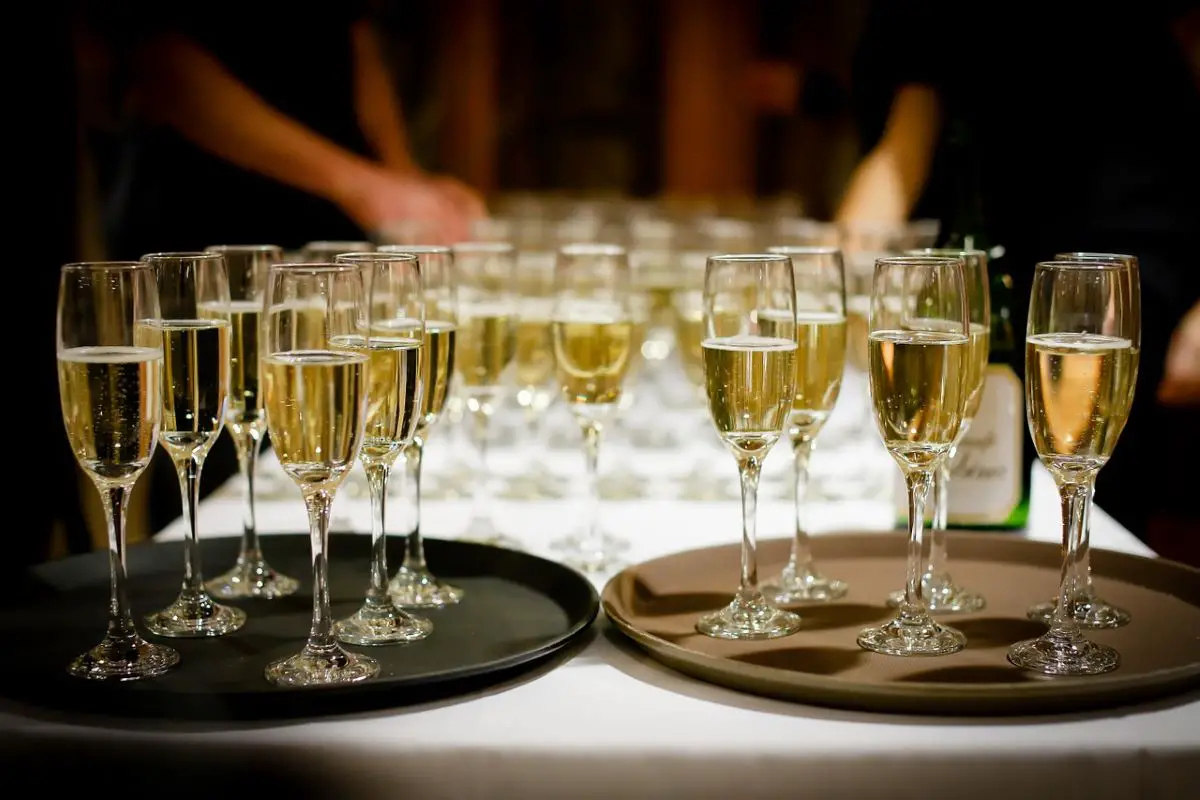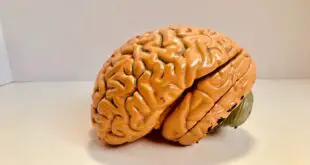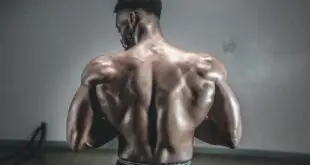There are two types of champagne. Vintage and non-vintage. Vintage champagne is made using grapes from a single harvest year and will age well for 5-10 years. Non-vintage champagne is blended from multiple years’ harvests and will age well for 3-4 years. However, if you choose not to store your champagne in the fridge and open the bottle, you only have about 48 hours before it starts to lose its freshness.
How To Tell If Champagne Is Vintage Or Non-Vintage?
Here are some tips for telling if your champagne is vintage or non-vintage.
Vintage champagne is usually bolder, richer, and more complex than non-vintage champagne. That’s because the grapes are from a single year, and so the flavor is consistent from bottle to bottle. Non-vintage champagne, on the other hand, will be a blend of grapes harvested over multiple years. This means the flavors will not be as consistent across bottles.
Having access to the champagne’s packaging, pay attention to what it says about the vintage. If it doesn’t specify “non-vintage,” it’s safe to assume that it is vintage.
If you’re still unsure, consider asking someone else who knows; like a friend or your wine steward at the restaurant where you’re dining!
Does Unopened Champagne Last Longer?
Many people wonder if unopened champagne will last longer than opened champagne. The simple answer is no. The fact that the bottle is opened or unopened does not change how long the champagne will last.
Long-term Champagne Storage
Properly stored, unopened champagne will generally stay at best quality for about 6 to 8 months after the date on the package, although it will usually remain safe to consume after that.
Short-term Champagne Storage
But once the champagne has been opened, it should be consumed within three days if refrigerated and kept away from sunlight.
What Is The Best Way To Store Unopened Champagne?
The best way to store unopened champagne is horizontally, in a cool area, like a pantry or cellar. This will keep the cork moist and prevent it from drying out and shrinking.
If you don’t have a cellar or other cool space available, you can place your champagne bottles in the fridge instead. The only issue with this is that if the bottle has been chilled for too long, it might form sediment—but if that happens, leave the bottle out on the counter for about 24 hours before opening it.
How Long Before Opened Champagned Goes Bad?
According to the Wine Enthusiast, you can expect opened champagne to last between 3 and 5 days before it goes bad.
This is very similar to unopened champagne in a fresh bottle, which can be stored for up to 6 months before opening. Even after opening, champagne will still be safe for about 3-5 days as long as the cork is intact.
However, if you’re looking to store your champagne for longer than five days after opening, we recommend transferring your champagne from its bottle into an airtight container to prevent bacterial growth and spoilage.
How To Tell If Champagne Has Gone Bad?
Champagne that has gone bad is flat and cloudy. Very flat-tasting champagne may be like a weak beer, while cloudy champagne may be considered sour or slightly sour. Some people prefer the taste of flat, low-alcohol champagne over low-alcohol champagne, so it’s not necessarily a bad thing to have flat-tasting champagne.
One way to tell if your champagne has gone bad is to smell it. If it smells like rotten eggs, it’s probably spoiled. Another way is to taste it. If you take a sip and there isn’t much of a taste other than the feeling of being drunk (if there is any at all), then your champagne could be bad. You can also test for alcohol by putting some on your tongue; your champagne is still good if you taste the alcohol!
Still unsure about whether or not your champagne has gone bad? Try pouring a glass first before drinking from the bottle itself; if there are bubbles in the glass after pouring out half an ounce or less of liquid, then your wine is probably good (though this doesn’t always work). If there aren’t any bubbles in the glass after pouring out half an ounce or less of liquid. Then either you’ve got some old Champagne lying around, or the quality is awful!
Is Old Champagne Better?
Champagne, like all wines, benefits from extended aging. If a bottle of wine is stored correctly, it will continue to improve over time—the flavors and tannins become more integrated and complex, and the wine develops greater depth. However, the window for this improvement varies from wine to wine. For some wines, that window is tiny, and for others, you can leave them in your cellar for a decade or more with no ill effect.
The key to enjoying your champagne at its best is to find out how long its producer has aged it. Many producers will put an age statement on their bottle; either in years or terms such as “non-vintage” or “vintage.” Non-vintage champagnes are younger than vintage champagnes
How Is Champagne Made?
Champagne is made by a process called ‘méthode champenoise,’ in which the secondary fermentation of the wine takes place in the bottle to form carbon dioxide and dead yeast. The process also prevents further fermentation of the wine.
The grapes used for making champagne must be harvested from the Champagne region of France, as per the EU rules. This region is known for its chalky soil, ideal for growing grapes. There are over 17,000 grape growers and 320 producers in this region who make 3 billion bottles of sparkling wine every year.
The first step in making champagne is growing the grapes. The harvest takes place in September or October when the sugar content of the grapes is high enough to give a good quality wine. Usually, only two bunches are allowed per vine shoot to ensure optimum grape quality. The temperature at night before harvest needs to be below 15 degrees Celsius and above freezing point so that the grapes do not rot in cold weather but don’t freeze either.
Once harvested, the grapes are crushed and fermented into a still wine with no bubbles. Next comes blending, where different wines are blended to create a consistent flavor profile for each brand. The process that turns grapes into bubbly champagne has three parts: primary fermentation, secondary fermentation, and aging.
Conclusion
Most bottles of champagne are good for up to five years. After that, most experts agree that the carbonation has begun to fade; the quality of the wine will suffer greatly. Some bottles, especially vintage or specialty bottlings, may only be suited for a few years in the cellar, depending on label type and storage conditions. Other types of champagne may not even require a cellar to age properly; these might be ably suitable for drinking immediately after purchase if an extra-dry style is preferred.
You May Like These Articles As Well:
 Being Human
Being Human





